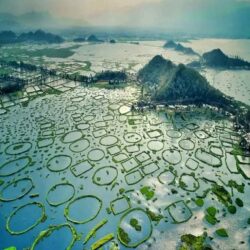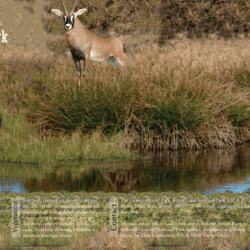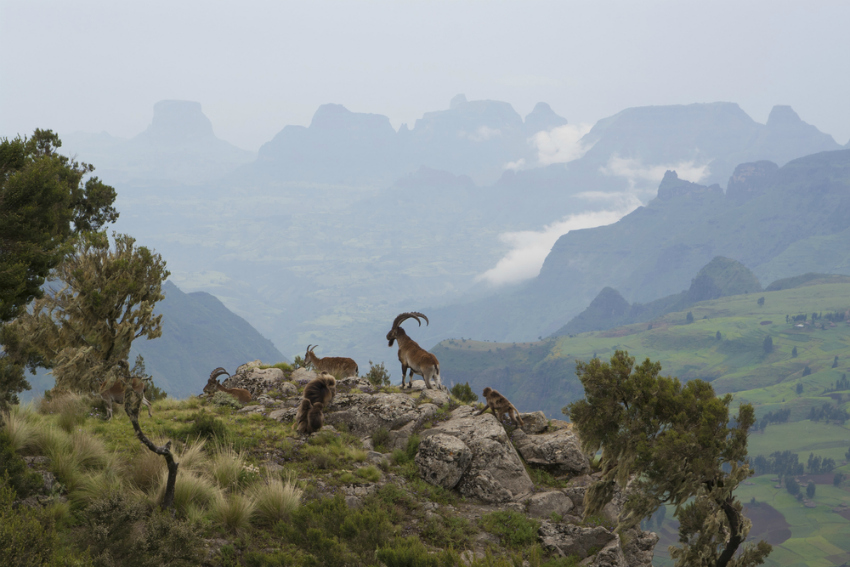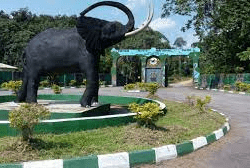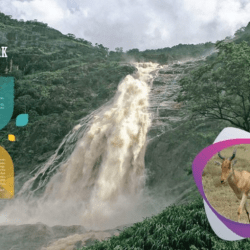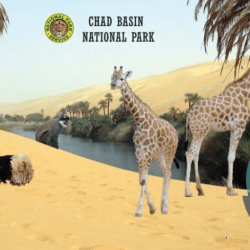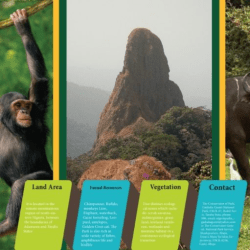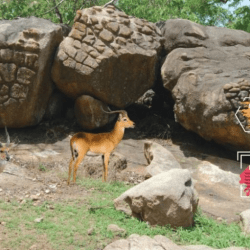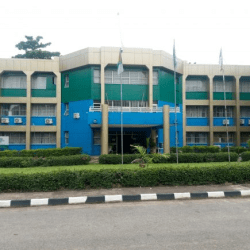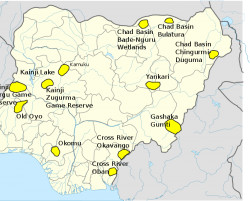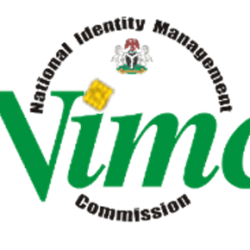The National Park Service of Nigeria was established by Decree 36 in 1991 with five national parks. These were Gashaka Gumti, Kainji Lake, Cross River, Old Oyo and Chad Basin National Parks. In 1992, Yankari Game Reserve was converted to a national park, bringing the total to six national parks.

With the promulgation of Decree 46 of 1999, now Act 46 (Cap 65 LFN 2004), in 1999 two additional national parks; Kamuku and Okomu were established. However, Yankari was delisted as a national park following a request by the Bauchi State Government in June 2006, reducing the number of national parks to seven.
The concept and development of national parks has its origins in the United States of America where the United States Congress declared Yellow Stone as a national park, the first of its kind, in 1872. Despite the frequent reference to national parks in daily affairs in the country, many Nigerians know little about the existence and roles of national parks in the country or the objectives for which they were established. This pamphlet provides a glimpse into these and related issues.
In the present democratic dispensation, Act 46 of 1999 is the legal instrument under which these unit Parks and their Head offices are being administered. As in many other parts of the world, the seven National Parks are on the Exclusive Legislative List of the Constitution and are therefore controlled and managed by the Federal Government being the highest legal authority in the land.
Each of the Unit Parks is headed by a Director under the guidance of a Park Management Committee. Administratively, however, the Conservator-General is the Chief Executive Officer of the Park Service and administers on day to day basis the affairs of the National Park Service. There is a 14-member Governing Board led by a Chairman, and is responsible for determining the policy direction of the Service. The Federal Ministry of Environment, Housing & Urban Development supervises the Park Service as its agency.
The seven National Parks which span across the various ecological zones of Nigeria (with the exception of the marine ecosystem) are some of the few remaining natural ecosystems capable of enhancing ecological processes and life support systems. Each of them has its own unique attributes in terms of biophysical and anthropogenic resources to offer to visitors. They cover a total land area of approximately 20,156 sq. km, i.e. about three percent (3%) of the country total land area (i.e. 932,768 km2).
FUNCTIONS AND OBJECTIVES OF THE NATIONAL PARK SEVICE
The Nigeria National Park Service has the statutory responsibilities for the following, amongst others:
Functions
- To preserve, enhance, protect and manage vegetation and wild animals in the National Parks;
- To advise the Federal Government on the development and preservation policy of the National Parks including the financial requirements for the implementation of such policy, and;
- To advise the Federal Government on the declaration of areas which for the purpose of protecting wildlife species, biotic communities, sites of special interest or of aesthetic value, the Service considers may be declared as National Parks under this Act.
Objectives:
- The conservation of selective and representative samples of wildlife communities in Nigeria;
- The establishment of an ecologically and geographically balanced network of protected areas under the jurisdiction and control of the Federal Government;
- The protection of endangered species of wild plants and animals and their habitats;
- The conservation of wildlife throughout Nigeria so that the abundance and diversity of their species are maintained at the optimum level commensurate with other forms of land use, in order to ensure the continued existence of wildlife for the purpose of their sustainable utilization for the benefit of the people;
- The preservation of outstanding scenic, natural, scientific, recreational and other values in the National Parks, and;
- The protection and maintenance of crucial wetlands and water catchment’s areas.
Mission
To manage and regulate the use of these unique ecosystems designated as National Parks by such means and measures to preserve and conserve Nigeria’s heritage, particularly the fauna and flora, the habitats they live in, and the unique sceneries they afford. Its mission is to also provide human benefits and enjoyment in such manner and by such means so that these are left unspoiled for generations to come.
Vision
To develop a network of National Parks that can compete favourably with other National Parks in the world. To achieve this, the Park Service is making efforts to put in place Operational Management Plans for each Park, and Systems Plan for the entire country. A National Park System that meets the hopes and aspirations of Nigerians, and indeed the whole world, in preserving and protecting our natural heritage and the cultural relics that enliven them for generations to come.
Reference: ABOUT US (nigeriaparkservice.gov.ng)
